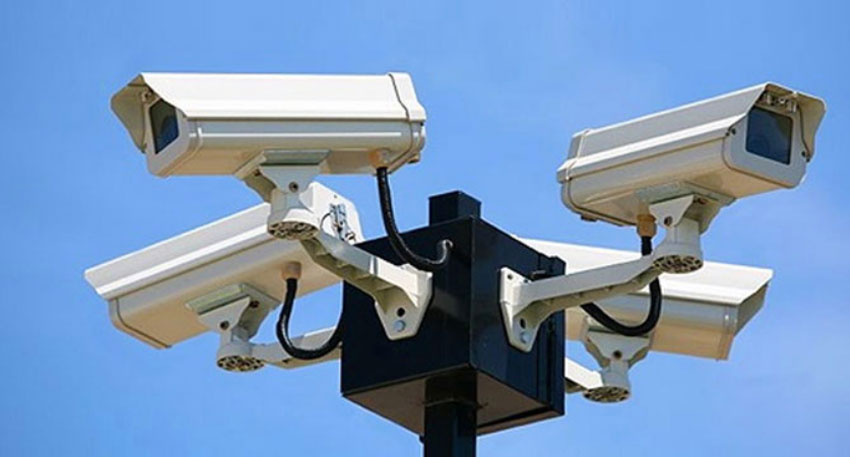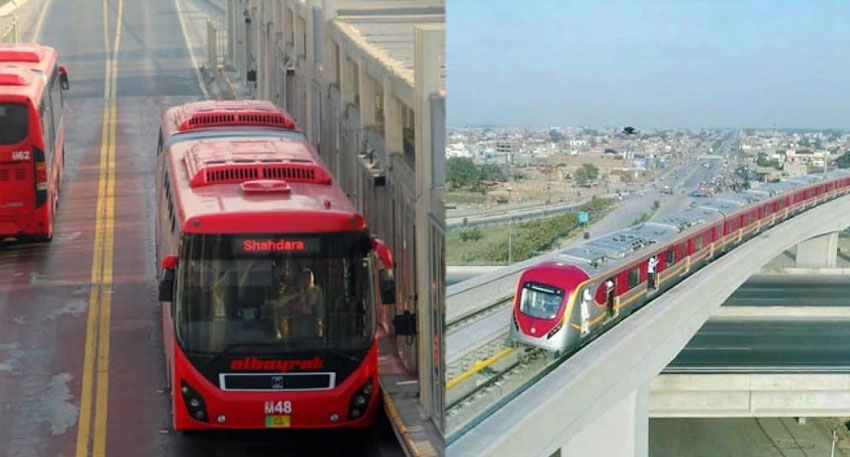
This infrastructure upgrade is part of the broader Smart Safe City initiative that aims to deploy similar systems in 18 cities across Punjab—among them Gujrat, Jhelum, Sheikhupura, Okara, and Taxila—under a memorandum of understanding signed between PSCA and NRTC earlier this year.
The network comprises 20 IP network cameras, 63 fixed cameras, and 12 zoom‐capable units, among which four are equipped with facial recognition, while automatic number plate recognition (ANPR) is installed at all city entry and exit points.
The 10 strategically located panic buttons connect directly to law enforcement and Rescue 1122 units in emergency situations, jump-starting response protocols. Moreover, to support digital inclusion and emergency reporting, there has been an activation of 20 free Wi-Fi access points.
Also Read: Punjab govt to take action against smokers in parks
During major gatherings such as religious processions or political rallies, a dedicated drone unit will assist police surveillance.
Originally, the Punjab Safe Cities Authority (PSCA) was established in 2015. This Taxila launch is one of the several Safe City’s scheduled launches. Safe City was developed to make an Integrated Command, Control, and Communications (IC^3) system across the province. So far, over 10,000 CCTV cameras in cities like Lahore have been deployed by the PSCA and it is now accelerating installations in smaller towns for even monitoring and crime detection integration.
Since early 2024, PSCA and NRTC have committed to extending the Safe City network to a total of 18 urban centers, incorporating smart environmental sensors, e-challan systems, women safety apps, and crime reporter platforms under the same umbrella program.
In a brief statement, PSCA announced that the Taxila system will be integrated with central command control centers, enabling real-time analytics and incident response. The authority emphasised that this surveillance rollout will also support heritage and tourism protection, given Taxila’s archaeological value in the region.
As one of Pakistan’s most historical and archaeological cities, Taxila holds great importance in the history of Pakistan. The domestic and international side of tourism shines through its Monastery, Gandhara, and Buddhist era heritage sites. With the Heritage Authority fast-tracking plans to elevate Taxila to an “international tourist city”—a vision closely endorsed by the Chief Minister—this enhanced security infrastructure is expected to support tourism growth, law enforcement responsiveness, and civic service access.
The initiative also underscores the provincial government s commitment to modernise law enforcement through technology-driven policing, enhancing citizen trust and public safety outcomes across Punjab.


